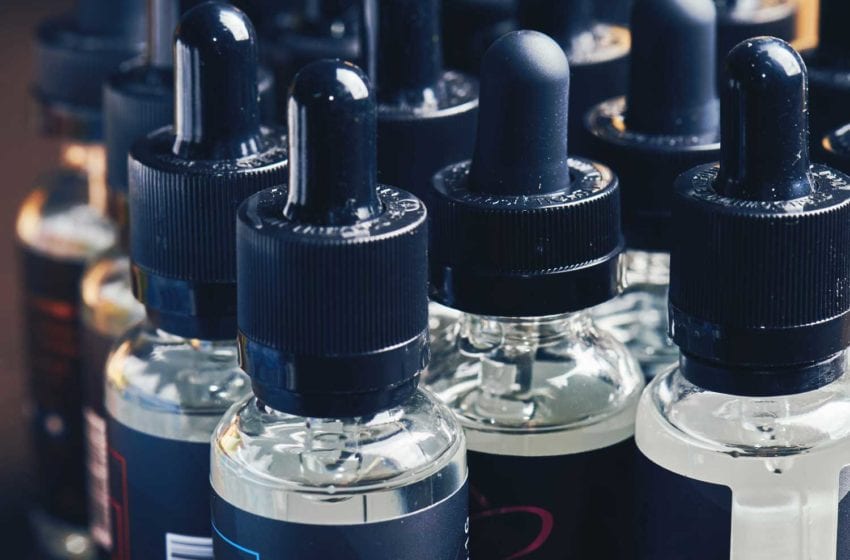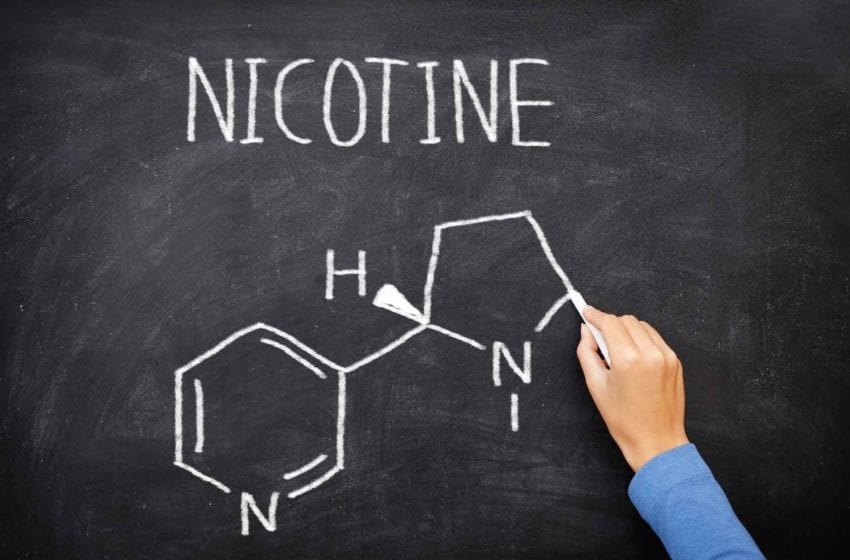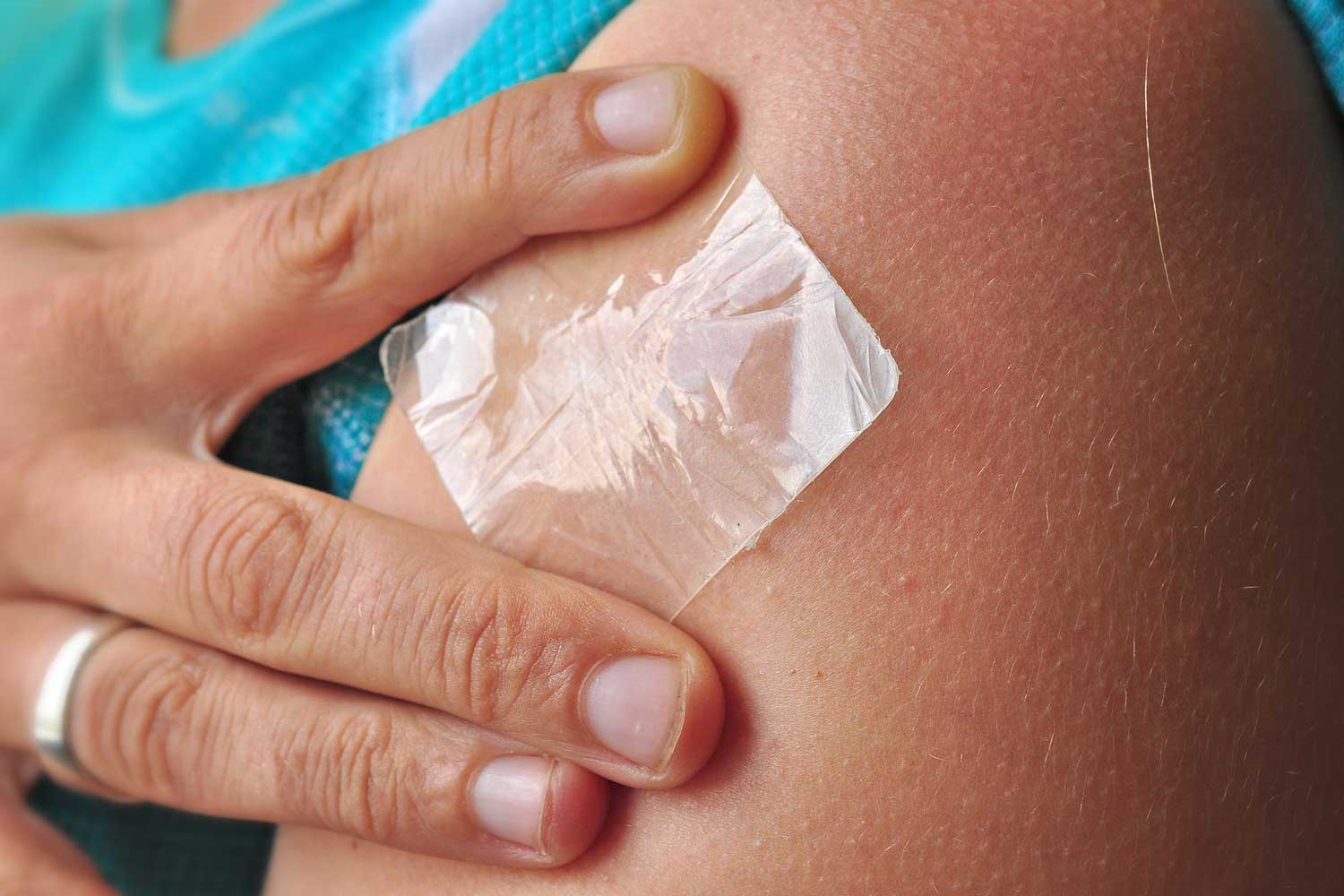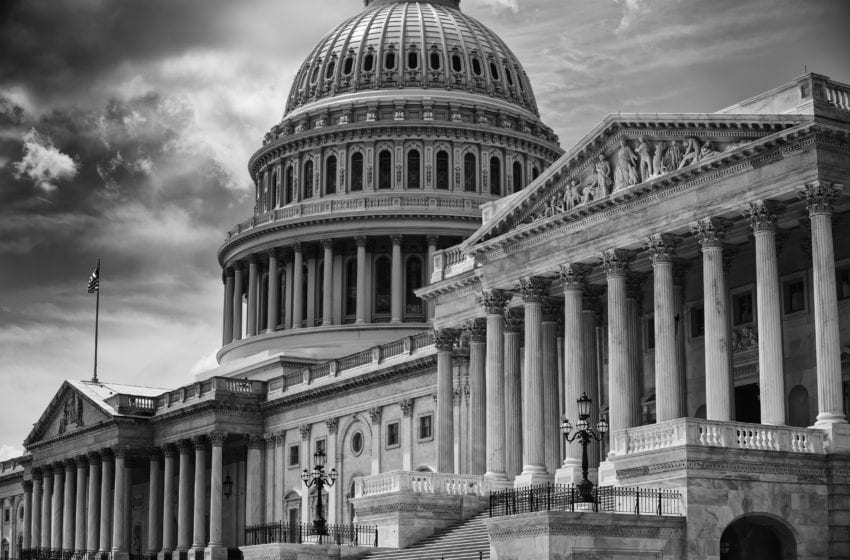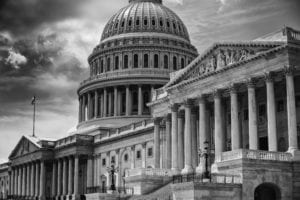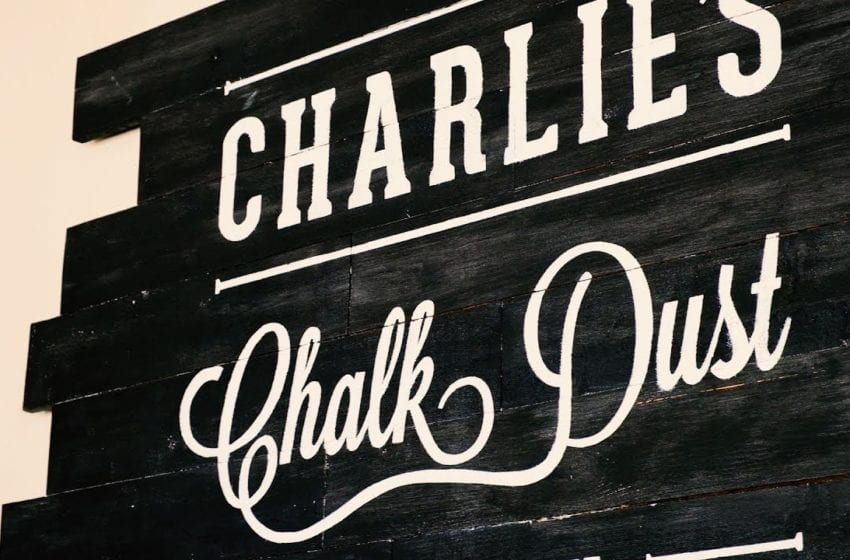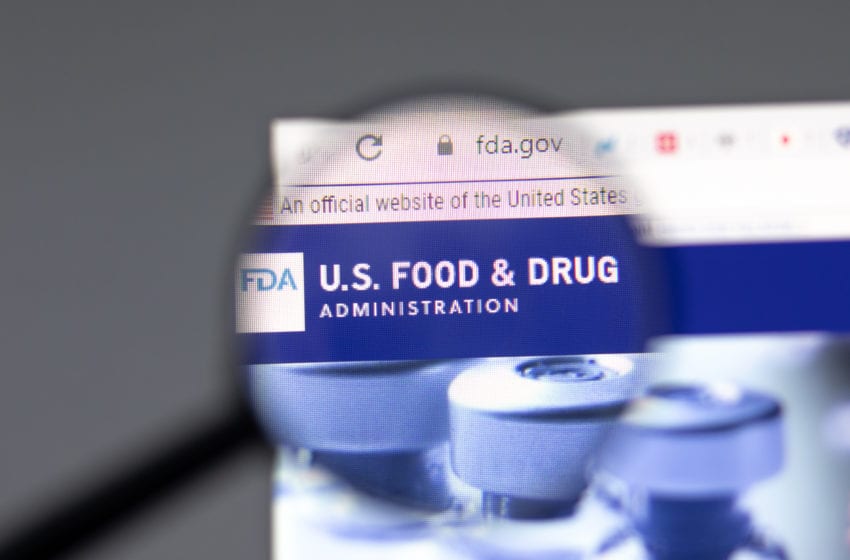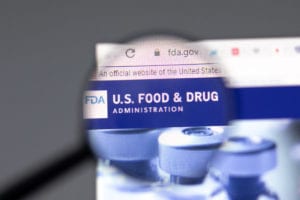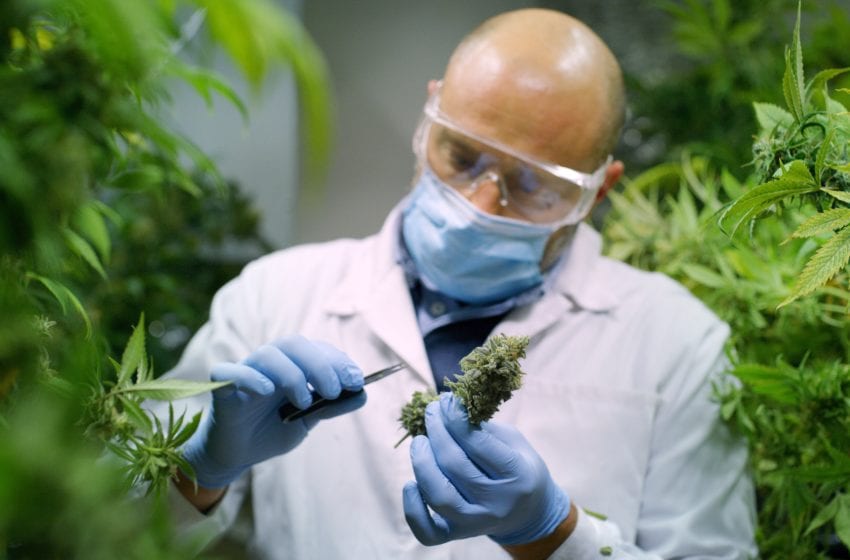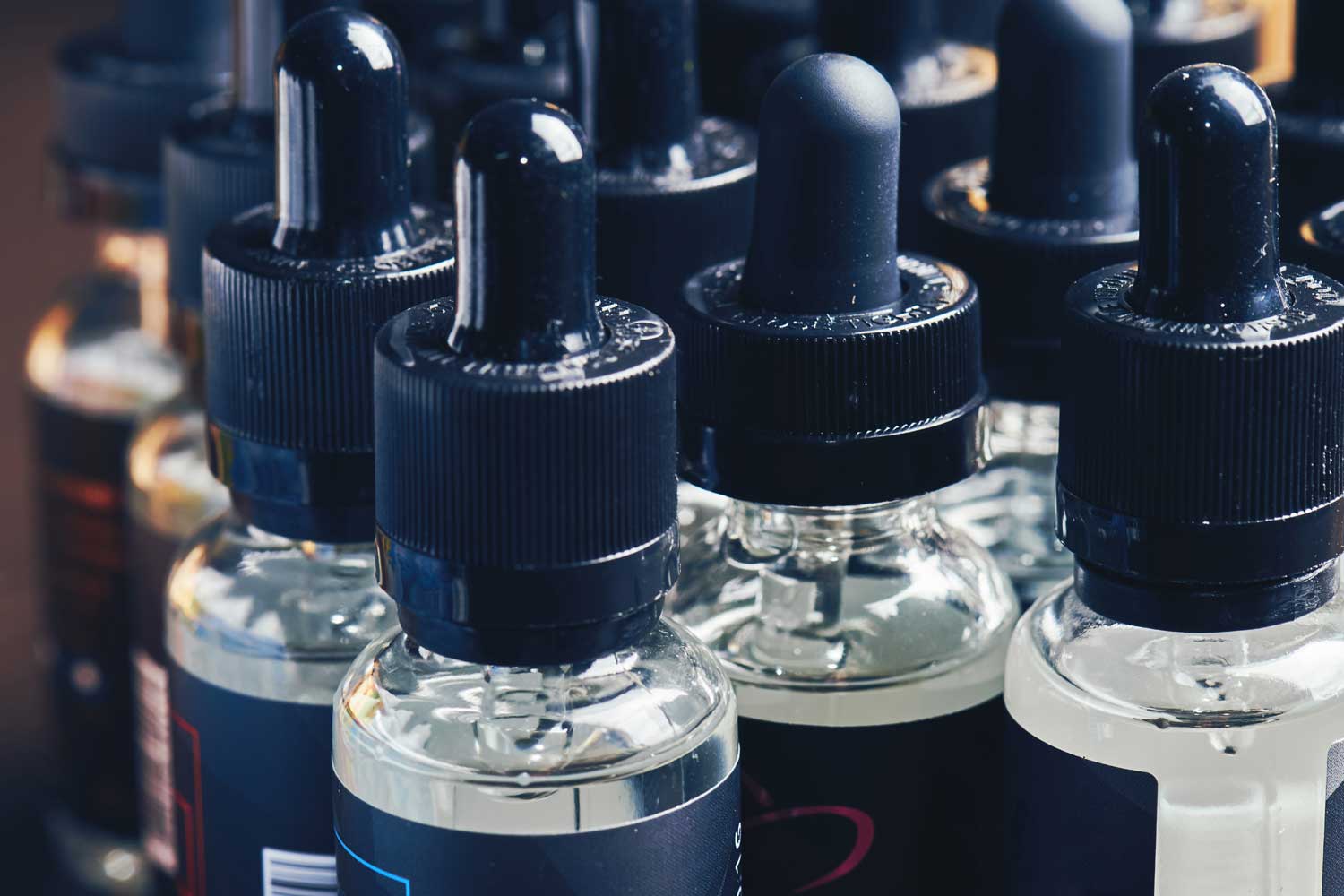
A year to the day since menthol cigarettes were banned in the U.K. more than two thirds of vapor retailers are reporting a rise in sales of menthol flavored e-liquids according to a study by the U.K. Vaping Industry Association (UKVIA).
The ban last year, which also prevented menthol filters, papers and skinny cigarettes from being produced or sold in the U.K., followed a four-year phasing-out period which saw smaller packs of rolling tobacco and 10 packs of cigarette banned in 2017.
The study revealed that more than 70 percent of owners of bricks and mortar stores and online retail operations said they had seen an uptake in demand for menthol vape products.
And, while fruit e-liquids remained the customer favorite, menthol was the second most popular flavor according to the survey.
“What we have witnessed in the U.K. is that menthol as an ingredient in vape e-liquids has continued to increase following the combustible menthol ban and is now one of the most important components of all e-liquids,” said Tim Phillips, independent analyst at ECigIntelligence.

Menthol as an ingredient in vape e-liquids has continued to increase following the combustible menthol ban and is now one of the most important components of all e-liquids.
Tim Phillips, analyst, ECigIntelligence
UKVIA Director-General John Dunne said the survey results were a clear indication of the importance e-cigarettes have in helping smokers to quit their habits in favor of vaping which Public Health England acknowledges is far less harmful than combustible tobacco.
“Our survey of retailers clearly shows that, as menthol cigarettes were removed from sale, vape stores witnessed an increase in sales of the same flavor in e-liquid form,” he said.
“It is not unreasonable to surmise that the majority of menthol e-liquid sales above retailers’ baseline pre-ban were to those who would have previously smoked cigarettes.”

